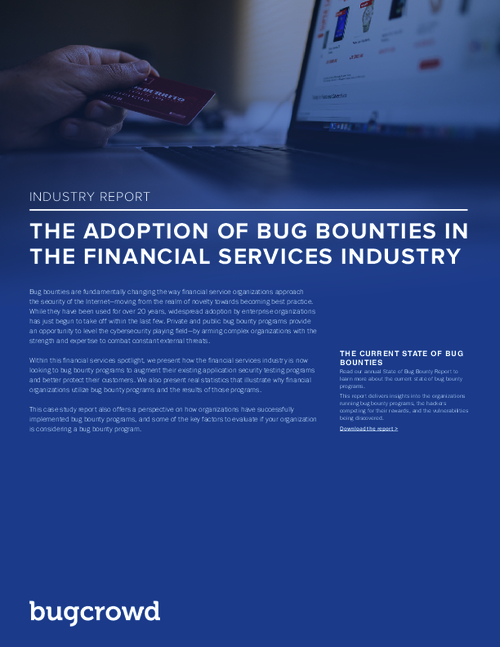Incident & Breach Response , Managed Detection & Response (MDR) , Security Operations
Google Stops Censoring Chinese Site
Google's Act Follows Site Attacks Originating from China
By Tuesday, users logging on to Google.cn were automatically directed to Google.com.hk, its Hong Kong site, which offers unfiltered content in simplified Chinese.
David Drummond, Google senior vice president and chief legal officer, wrote in a blog posted Monday afternoon:
"We very much hope that the Chinese government respects our decision, though we are well aware that it could at any time block access to our services. We will therefore be carefully monitoring access issues."
Google established a web page that it will update regularly on the status of Google services available in China. A check of the site on late afternoon Monday, but dated Sunday, Google.cn visistors had access to the web, images, news, advertisements and Gmail e-mail service and partial access to Google Docs, Picasa photos and Google Groups. YouTube and Google Sites and Blogger had been blocked.
In a Jan. 12 blog, Drummond revealed that Google and more than 20 other American companies had been the victims of a sophisticated cyber attack originating from China, and that during its investigation of these attacks it had uncovered evidence to suggest that the Gmail accounts of dozens of human rights activists connected with China were being routinely accessed by third parties, most likely via phishing scams or malware placed on their computers. Drummond wrote:
"We also made clear that these attacks and the surveillance they uncovered - combined with attempts over the last year to further limit free speech on the web in China including the persistent blocking of websites such as Facebook, Twitter, YouTube Google Docs and Blogger - led us to conclude that we could no longer continue censoring our results on Google.cn.
Drummond said the increased load on Google's Hong Kong servers and the complicated nature of these changes, users may see some slowdown in service or find some products temporarily inaccessible as we switch everything over, adding:
"Figuring out how to make good on our promise to stop censoring search on Google.cn has been hard. We want as many people in the world as possible to have access to our services, including users in mainland China, yet the Chinese government has been crystal clear throughout our discussions that self-censorship is a non-negotiable legal requirement. We believe this new approach of providing uncensored search in simplified Chinese from Google.com.hk is a sensible solution to the challenges we've faced - it's entirely legal and will meaningfully increase access to information for people in China.
Drummond said Google intends to continue its research and development work in China and maintain a sales presence there, though the size of the sales team will be dependent on the ability of mainland Chinese users to access Google.com.hk.
He emphasized the decision to provide uncensored information on Google.cn was made by Google's U.S.-based executives and did not involve its Chinese employees.






















